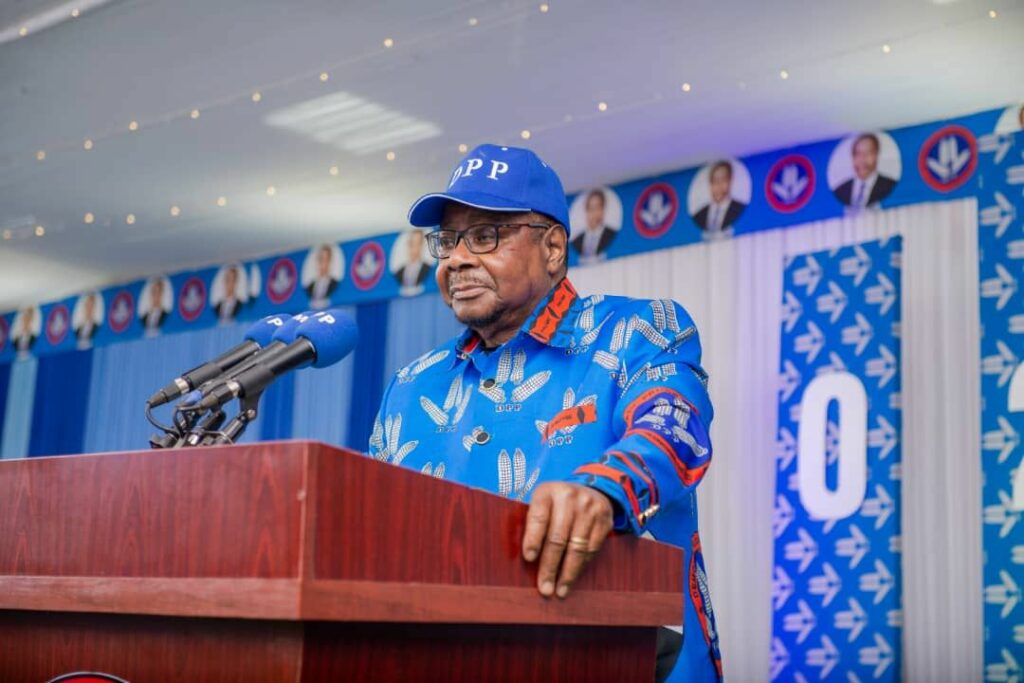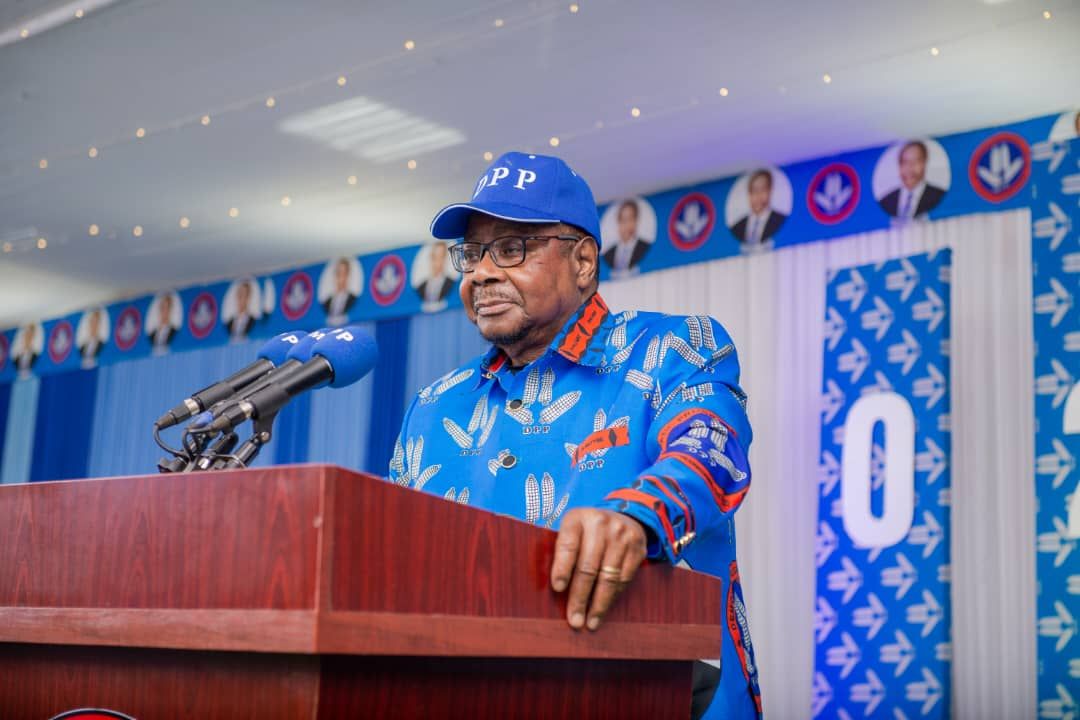By Burnett Munthali
Recent debates have surfaced regarding the absence of Democratic Progressive Party (DPP) President Professor Arthur Peter Mutharika during the concluding stages of the party’s recent convention. Critics have questioned whether his absence undermines his leadership capabilities. However, a closer examination reveals that these concerns might be overstated and do not necessarily reflect on his overall effectiveness as a leader.
One of the primary arguments against criticizing Mutharika’s absence is his decision to delegate responsibilities to Dr. George Chaponda for the final phases of the convention. Delegation is a common and often necessary aspect of leadership, particularly in large and complex events such as party conventions. Mutharika’s choice to assign Dr. Chaponda, a senior and experienced party member, suggests a strategic approach to management rather than a lapse in leadership. It reflects trust in his team and a pragmatic acknowledgment of the demands of the event.

The convention itself was widely recognized as a success. It was described as “the best ever,” showcasing effective planning, execution, and a high level of competitiveness. The positive outcomes of the convention—well-decorated, meticulously organized, and successful in its objectives—indicate that the event met its goals and ran smoothly, regardless of Mutharika’s presence at the end. This achievement speaks to the party’s robust organizational structure and the effective functioning of its members, which mitigates concerns about Mutharika’s leadership based on his absence alone.
Critics who focus on Mutharika’s absence may be overlooking the broader context of his leadership. Leadership is not solely about being present at every moment but also about setting strategic directions, making key decisions, and fostering a capable team. The successful execution of the convention underlines that the leadership and organizational systems within the DPP are resilient and well-coordinated.
Moreover, political analysts should consider that a single event or moment does not encapsulate an entire leadership capability. Mutharika’s absence from the convention’s conclusion might be a point of debate, but it should not overshadow his overall contributions and the party’s accomplishments. Evaluating his leadership should involve a comprehensive assessment of his tenure, policies, and strategic vision rather than focusing narrowly on one event.
The decision to delegate responsibilities can also be viewed as a sign of competent leadership. Effective leaders often rely on their team members to handle various aspects of operations, particularly in large-scale events. Mutharika’s ability to delegate crucial tasks to Dr. Chaponda and ensure the convention’s success demonstrates his leadership by leveraging the strengths of his team members.
In summary, while the absence of Professor Arthur Peter Mutharika during the final stages of the DPP convention might attract some criticism, it is essential to view this issue in a broader context. The successful execution of the convention, the strategic delegation of responsibilities, and the overall effectiveness of the event reflect positively on the leadership structures within the DPP. Thus, it is not necessary to debate Mutharika’s leadership capabilities based on his absence alone. Leadership effectiveness should be judged by the outcomes achieved and the ability to manage and guide a team, both of which are evident in this case.



